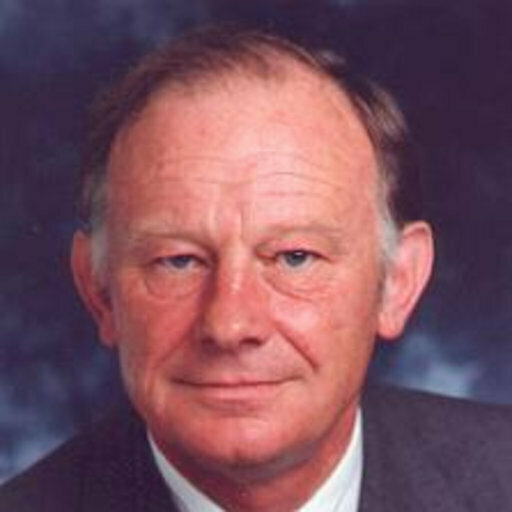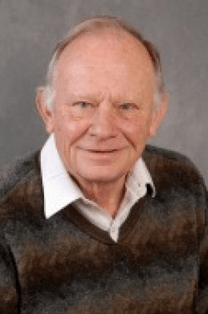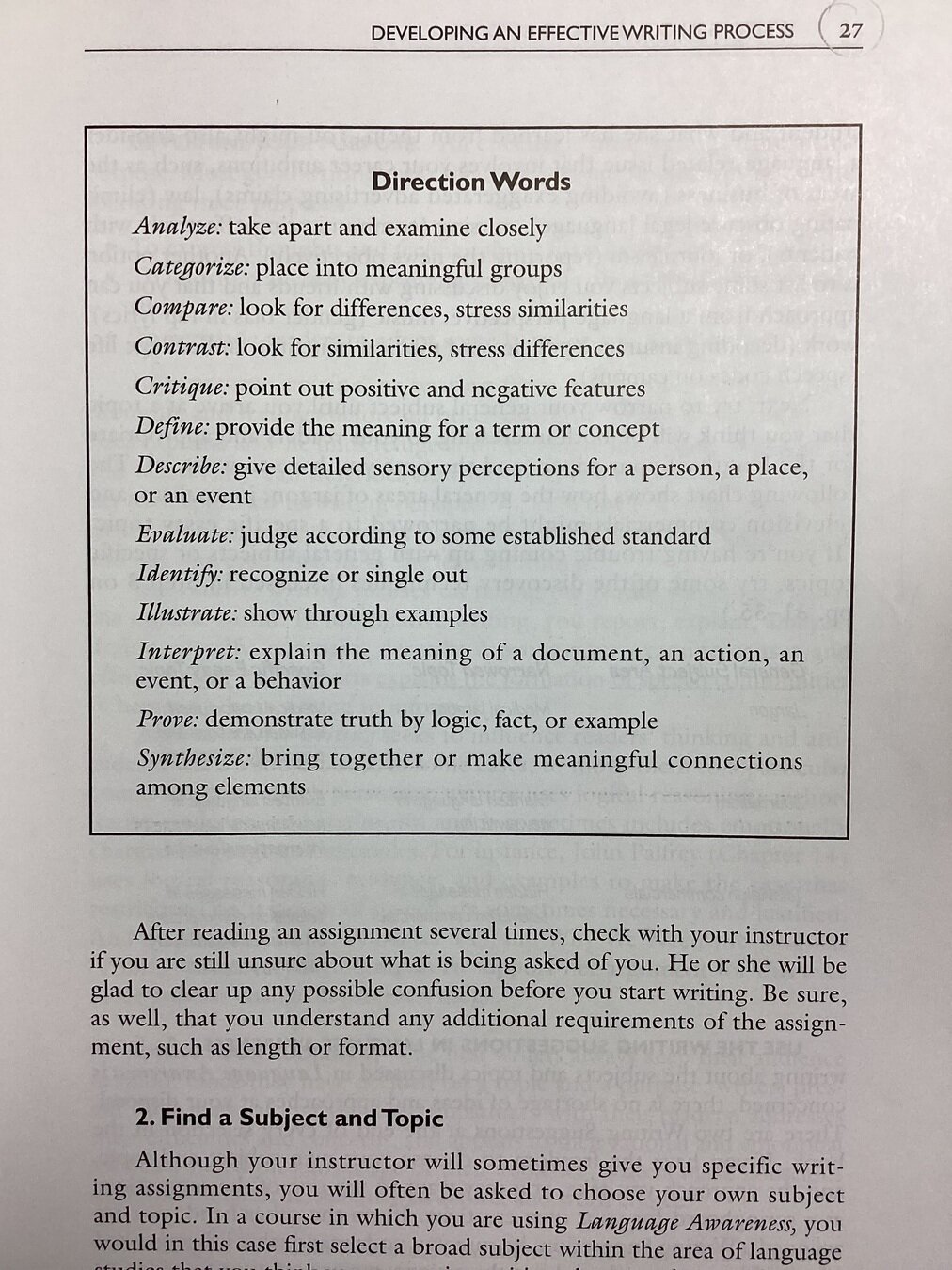Writing With Discourse Communities
Audience, Thesis, Direction




Where I'm at...
- Topic Proposal is what I think my research project will be like based on our work with discourse community. This gives you a foundation/basis for understanding the writing/research we will do.
- What I know about Discourse Community, concepts, and connecting it to myself.
-
What more do I need to do to establish my research/writing goals for the first essay?
- Thesis Statement for your D.C.
- Using Class Readings to back up your claims (Citing those)
- Giving Details about your group (following concepts from our readings.)
How will you categorize your research objectives?
- Objectives could include multiple outcomes that fit the needs or expectations of your Discourse Community:
- Academic - shed light on a specific field/topic
- Professional - within a career community/company culture
- Recreational - skill set of a group connects to Swales concepts;
- Communication-specific - unique language/actions
- Location-specific - unique to a region
- Philanthropic - (concerned about outreach & wider public)
- Medical: has impact on conduct/topics in health industry
- Genre/Platform-specific - unique features of digital usage
- What do you want to accomplish with this research? INFORM, PERSUADE, MARKET, GAIN ACCESS TO GROUP, GROW AS A MEMBER, CREATE CONTENT FOR GROUP
John Swales Before & After:
How we are Defining Discourse Community
25 years down the road...
Reflection Question: How has Swales changed in his views on Discourse Community? If it were you 25 years later coming back to a Discourse Community, what would you have to consider returning to the group? Give an example of your own.



Go to John Swales Before and After (in Week 4 Canvas)
The Thesis & Topic Proposal ?'s
- How does understanding the thesis statement help shape or change what we may do with our research?
- Does the Topic Proposal enforce the thesis statement or does the thesis statement support your Topic Proposal?
- How might a Thesis Statement change over the course of the semester as you gather more research and write more on your topics?

Ordering our Discourse Community Project
Topic Proposal
Initial D.C. Essay (with thesis)
Primary Research
Secondary Research
Artifacts=Data Visuals, Visualization, Social Media Posts, Genres
Research Report/Paper (Professional Research Findings)
WHAT AM I BRINGING TO MY DISCOURSE COMMUNITY?

What does your thesis do?
- Misinterpretation Model: “Although many scholars have argued about A and B, a careful examination suggests C”
- Gap Model: “Although scholars have noted A and B, they have missed the importance of C.
- Modification Model: “Although I agree with the A and B ideas of other writers, it is important to
extend/refine/limit their ideas with C” - Hypothesis-testing Model: “Some people explain A by suggesting B, but a close analysis of the problem reveals the possibility of several competing/complementary explanations as C, D, and E.
- Informative Model: “By understanding the concept of A... people will have a better knowledge and awareness of X in order to... OR Within this research of X, the main claims that will be discussed are...so that...
Stuart & Lindinsky's From Inquiry to Academic Writing
THE Thesis Statement...
- Hypothesis-driven statement for your writing/research (If.... then...) but can take many forms and should be FLEXIBLE to your research as it grows.
WHAT KIND OF THESIS STATEMENT IS THE BEST TO USE RIGHT NOW FOR YOUR DISCOURSE COMMUNITY?
Go to In-Class Week 4: Building a Thesis Statement and spend some time practicing the construction at least 2 thesis models you feel could work in your introduction - We will share these a little bit later in class and get feedback from our partners.
In Small Groups complete the following...
- LEAVE a reply for your members for which thesis works best and WHY from our In-Class Week 4: Building a Thesis Statement. Even if you are not an expert in the topic, what is appealing about their model for further writing & research?
- TOGETHER, look at the following prompts/questions from Hinton's article on academic writing discourse - which of the following prompts helps you think about applying the ideas from the article to your own topics. You can ADD a COMMENT in your Week 4 notes and be prepared to share what you decided.
Hinton Academic Discourse - Which prompt is most helpful in preparing your essay?
1. Out of the 10 guidelines that Hinton gives for understanding your writing assignment - choose THREE specific ones that feel the most important to you right now when you explore your Topic Proposal in our first essay on Discourse Community.
2. Hinton points out at least 3 different examples of course assignments that ask for specific actions from the writer. How do you relate to these samples? Do they connect to understanding other assignments from other courses to better explain what discourse is?


Hinton Academic Discourse
3. The importance of evidence and needing an argument is something that Hinton discusses - what is a topic right now among your discourse community that could be an argument? What evidence would you need to support your stance?
4. It's important to "SHOW don't TELL" when it comes to discussing a discourse community and their goals, lexis, communication, genres, etc. - What might be an artifact or situation that would be important to discuss that others might not understand if outside the community? How might you use this example in your writing?


Initial Discourse Community Essay Workshop
- Resources to consider:
- In-Class Week 4: Building a Thesis Statement
- D.C. Analysis Essay Template
- Class Readings and Reading Notes to pull quotes
Use classtime to generate a piece of writing that will go into your Essay for Friday - What will each paragraph explore? I will come around to Check You off for Credit for today after showing me what you worked on during class for your essay.
Paragraph Construction
Introductions
- Give an opening fun story about this D.C.
- Use an opening catchphrase that connects to how your D.C. uses language/slang
- Tell the reader what makes your group unique
- THESIS STATEMENT (consult D.C. Analysis Template or Thesis resource) What works best for your Introduction?
Paragraph 1
- Topic Sentence Theme - Goals?
- What do these look like for your group?
- What readings/quotes will you cite (Source).
Paragraph Construction
Paragraph 2
- Topic Sentence Theme - Intercommunication of the D.C.?
- What do these look like for your group?
- What readings/quotes will you cite (Source).
Paragraph 3
- Topic Sentence Theme - How the group participates and responds to each other?
- What does this look like for your group?
- What readings/quotes will you cite (Source).
Paragraph Construction
Paragraph 4
- Topic Sentence Theme - What genres/documents/online platforms does the group use?
- What do these look like for your group?
- What readings/quotes will you cite (Source).
Paragraph 5
- Topic Sentence Theme - What special language, slang, terms are used?
- What does this look like for your group?
- What readings/quotes will you cite (Source).
Paragraph Construction
Paragraph 6
- Topic Sentence Theme - Does your D.C. have a hierarchy? Levels of membership? Expertise within the group? How does one gain experience?
- What does this look like for your group?
- What readings/quotes will you cite (Source).
Conclusion
- Refer back to the importance of your THESIS.
- Give the reader a "take-away" or lesson about your group at the end.
- Preview what future research goals or directions might look like for study.
Language Awareness Writing Skills Comp2
By codys
Language Awareness Writing Skills Comp2
- 488



